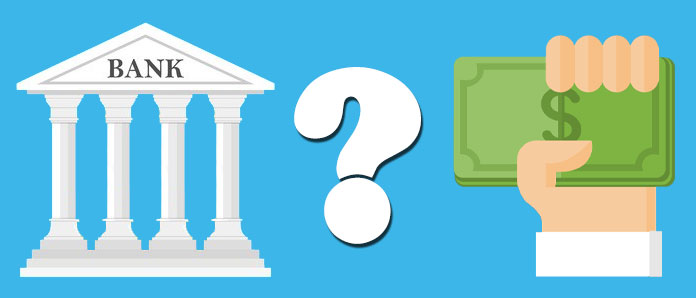
How solid is your plan for purchasing a used car? Creating a personal budget to buy a pre-owned vehicle is like budgeting for any major purchase. First, you should determine how much you can afford to pay. How? By reviewing your total household income and expenses and then looking at how much money is remaining. Although this may sound simple to you, many people get caught up in the excitement of shopping for a car and gloss over the expenses involved in the process. Let's discuss ways to save money when creating your optimal used car shopping budget.
Financing or cash payment
 A car payment is typically the next most significant bill after your mortgage or rent. Like housing, car expenses come with associated fees such as insurance and maintenance. Don't forget to consider these when creating a car shopping budget. The rule of thumb suggested by financial experts is to spend 10% or less of your net income on the car note and 20% or less on gas, repairs, and all other automobile costs. Aside from the monthly car payments, consider the registration, taxes and possible maintenance costs needed for your pre-owned vehicle at the time of purchase. Based on your calculations, can you afford to pay for your used car in full, or will you need to apply for financing?
A car payment is typically the next most significant bill after your mortgage or rent. Like housing, car expenses come with associated fees such as insurance and maintenance. Don't forget to consider these when creating a car shopping budget. The rule of thumb suggested by financial experts is to spend 10% or less of your net income on the car note and 20% or less on gas, repairs, and all other automobile costs. Aside from the monthly car payments, consider the registration, taxes and possible maintenance costs needed for your pre-owned vehicle at the time of purchase. Based on your calculations, can you afford to pay for your used car in full, or will you need to apply for financing?
If you can afford to pay cash, it probably sounds like a great idea to avoid interest charges. However, if you qualify for a favorable interest rate, you can make a substantial down payment for the automobile and save your cash to purchase other desirable amenities for it. Or you can use it to invest in additional projects. With financing, you can incorporate some of your upfront costs and save future earnings for monthly payments. At the Mike Duman Auto Superstore, you can secure financing easily with the help of a professional team that's dedicated to helping customers with credit approval needs.
Trade in your current car
A quick and simple way to get rid of your current vehicle and save on a used car is to trade it in to a dealership. The amount they give you for it contributes toward the price of another car on their lot. The used car dealer will assess your current car's reliability and value and make you an offer. Upon a mutual agreement, you turn the title over to the dealership. No need for you to market it, show it, sell it, or do the required paperwork with someone else. All of those transactional activities can be handled effectively in one place.
Do you still owe money on your current car? Not a problem. Reputable used car dealerships can easily take care of that also. They can pay off the balance of your loan, obtain the title from the lender, and seal the deal. An additional advantage is positive equity in your current car. That money can be used toward a down payment on your financing or cash purchase. And let's not forget about sales tax savings. Depending on how your resident state designates sales taxes for vehicles, your trade-in value could be deducted from the price of your used car when calculating sales tax.
Other ways to increase savings
 There are a handful of other ways to reduce your expenses. By choosing a used vehicle that has a good safety record and a low theft rate, you can decrease your insurance costs. A quick internet search can provide you with the necessary information. Another idea is to eliminate or lower unnecessary current expenses from your budget, such as outside entertainment, restaurant dining, and magazine subscriptions. Pay off a credit card or two to free up money for your wallet. Revise your variable expenses to ensure that you can handle your fixed expenses.
There are a handful of other ways to reduce your expenses. By choosing a used vehicle that has a good safety record and a low theft rate, you can decrease your insurance costs. A quick internet search can provide you with the necessary information. Another idea is to eliminate or lower unnecessary current expenses from your budget, such as outside entertainment, restaurant dining, and magazine subscriptions. Pay off a credit card or two to free up money for your wallet. Revise your variable expenses to ensure that you can handle your fixed expenses.
How much should you spend on a used car? Hopefully, you can determine that by reviewing your financial responsibilities and the aforementioned tips for ways to save money.
For more information about buying a used car, contact the Mike Duman Auto Superstore. We're here to help.
